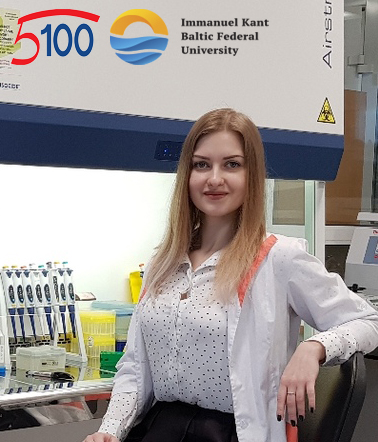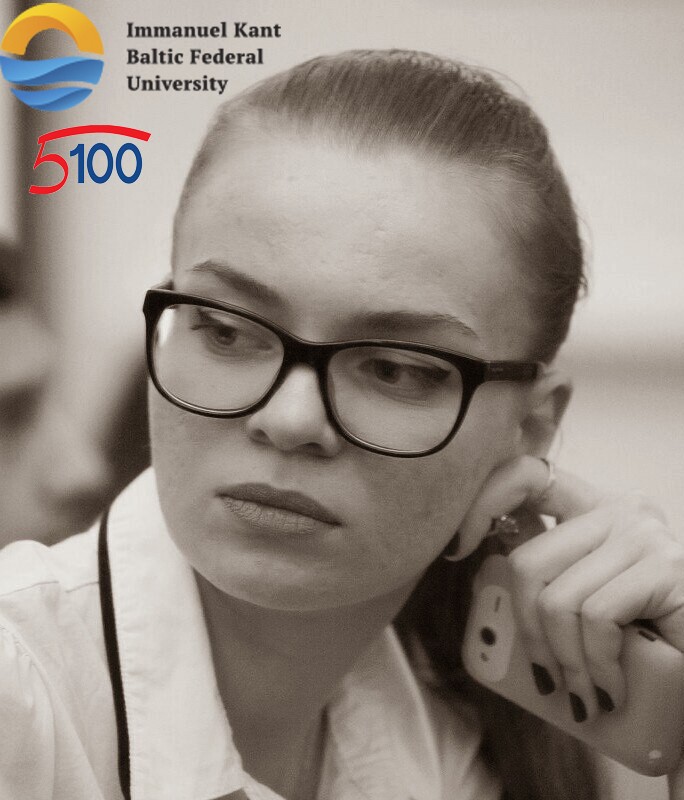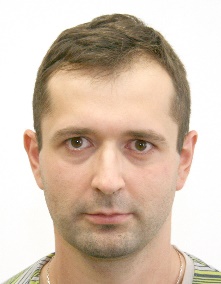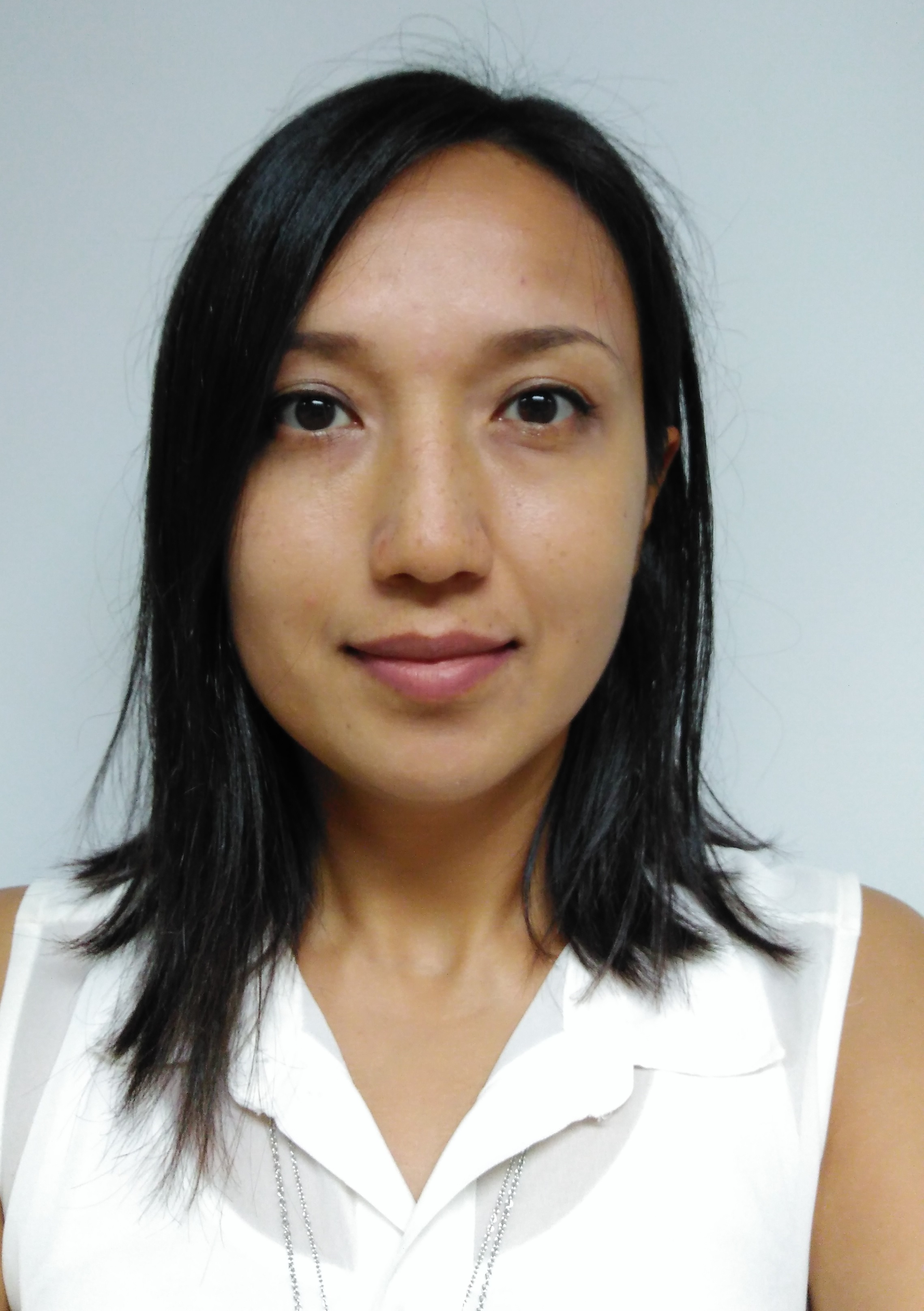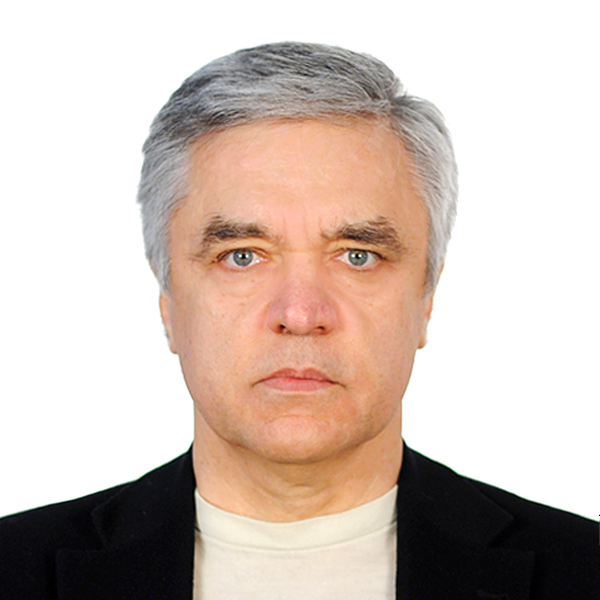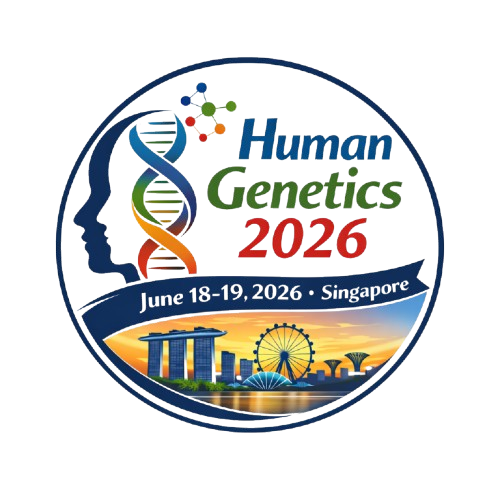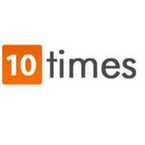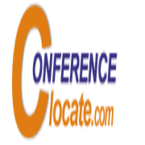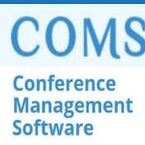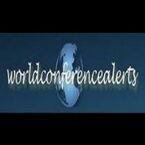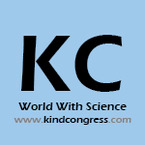About the Conference
Conference series proudly presents the 16th International Conference on Human Genetics and Genetics Diseases, to be held on June 18-19, 2026 Singapore city, Singapore . This prestigious global event will unite researchers, scientists, academicians, healthcare professionals, and industry experts to discuss the latest discoveries, trends, and innovations shaping the future of human genetics. Centered around the theme “” the conference aims to foster collaboration, knowledge exchange, and innovation in understanding the genetic foundations of human health and disease.
The program will feature keynote talks, oral and poster presentations, panel discussions, workshops, exhibitions, and interactive sessions, providing a platform for meaningful dialogue and networking.
Major topics include Human Molecular Genetics, Genomics, Translational Genetics, Genetic Disorders, Gene Editing, Bioinformatics, Clinical Genetics, Cancer Genetics, Genetic Counseling, and other emerging fields driving modern biomedical research. By bringing together experts from academia, research institutions, and industry, this conference seeks to advance scientific collaboration and explore the transformative role of genetics in precision medicine, healthcare, and personalized therapies. Join us in London to share insights, exchange ideas, and be part of the global effort to bridge the gap between genes and human health.
Why to Attend?
• To transmit current issues and advances of your latest research.
• For Thought provoking speeches by Scientists, Professors, Ph.D.'s and Young Researchers.
• For Network development with Academic and Business Professional
Benefits of Attending:
• Platform for collaboration among young researchers and professors for better development.
• Our Physical Event provides the best platform to connect, share and learn from highly affiliated experts in the field of Human Genetics
• Share ideas with eminent researchers, academicians, and professionals.
• Accepted Abstracts will be published in our proceedings Book
• Handbook & Certification Included
Sessions and Tracks
1.Human Molecular Genetics
Human Molecular Genetics investigates human genes at the molecular level, combining tools and concepts from molecular biology, genetics, biochemistry (and increasingly, computational genomics) — with the goal of understanding how genes and their regulation contribute to human health, development, and disease. The track looks at the detailed structure of genes (exons/introns, regulatory elements), how genes are organized on chromosomes, how the genome is laid out, and how that structure/function underlies traits and disease.
2.Epigenetics & Behavioral Genetics
Epigenetics — the study of heritable (or stable) changes in gene expression or cellular phenotype that do not result from changes in the underlying DNA sequence.
Behavioral Genetics — the science of how genetic factors and environmental influences together shape behavior, cognition, personality, and mental-health traits.
-
Gene regulation without DNA-sequence changes
-
Plasticity & environmental sensitivity
-
Health and disease relevance
3. Translational Genetics
Translational Genetics is the branch of human genetics that aims to connect basic genetic and genomic research with clinical medicine and health care, translating laboratory discoveries into diagnostics, therapies, and preventive measures. In the context of the conference, this track emphasizes moving findings from molecular genetics, genomics, bioinformatics etc., into applications that directly benefit patients — such as disease risk prediction, genetic testing, targeted therapies, personalized medicine, and treatment strategies.
4. Stem Cell Genetics
Stem Cell Genetics studies the hereditary and molecular mechanisms that control how stem cells behave — including how they self-renew, how they stay “stem cells,” and how they differentiate (specialize) into various cell types. Because stem cells (embryonic stem cells, adult stem cells, or induced pluripotent stem cells) have the potential to become many different cell types, their regulation is critical. Stem Cell Genetics seeks to understand the genetic networks, transcription factors, epigenetic modifications, and other molecular controls that govern “steaminess,” lineage commitment, and differentiation.
-
Induced Pluripotent Stem Cells (iPSCs)
-
Regenerative Medicine & Tissue Repair
-
Genome-wide analyses
5. Population Genetics
Population Genetics studies genetic variation within and among populations of a species, and how that variation changes over time under the influence of evolutionary forces. Instead of focusing on individuals or families, population genetics views a population (or “gene pool”) as the unit of interest — the collective set of all alleles at all loci among individuals. It aims to explain how allele (and genotype) frequencies shift across generations — which underlies evolution, adaptation, genetic drift, migration effects, population history, and more.
-
Gene pool & genetic variation
-
Allele/genotype frequencies
-
Evolutionary dynamics & adaptation
|
6. Cancer Genetics
Cancer Genetics studies how genetic and genomic changes cause normal cells to become cancerous — i.e. how mutations or other alterations in DNA lead to uncontrolled cell growth, tumor formation, and cancer progression. It treats cancer as fundamentally a genetic disease of somatic cells: even though most cancers arise during one person’s lifetime (not inherited), they result from accumulation of mutations in the cells that later become malignant.
-
DNA Repair & Genome Stability Genes
|
-
Oncogenes and Proto-Oncogenes
|
7. Gene Therapy & Genetic Engineering
Gene Therapy is an emerging field in medicine that focuses on treating or preventing diseases by directly targeting and modifying an individual’s genetic material. It involves introducing, removing, or altering genes within a patient’s cells to correct genetic defects, restore normal function, or provide new therapeutic capabilities. Gene therapy shows promise for a wide range of conditions, including monogenic disorders, cancers, cardiovascular diseases, and neurodegenerative disorders. Techniques such as viral and non-viral vector delivery, CRISPR-Cas9 genome editing, and antisense oligonucleotides enable precise modification of genes, addressing the root causes of diseases rather than merely alleviating symptoms. By doing so, gene therapy offers the potential for long-lasting or even permanent treatments
-
Gene Addition / Replacement
-
Non-viral Delivery Methods
-
Clinical Trials & Regulatory Oversight
8. Bioinformatics and Computational Genetics
Bioinformatics is an interdisciplinary field that integrates biology, computer science, mathematics, and statistics to analyze and interpret large-scale biological data, enabling a deeper understanding of molecular and cellular processes. It focuses on managing, storing, and examining complex datasets, including genomic, transcriptomic, proteomic, and metabolomics information, to uncover gene functions, regulatory networks, and disease mechanisms. Bioinformatics supports a wide range of applications, such as sequence alignment, genome annotation, protein structure prediction, molecular modeling, systems biology analysis, and evolutionary studies, facilitating the identification of biomarkers, therapeutic targets, and molecular pathways. It plays a pivotal role in personalized medicine, drug discovery, biotechnology, and functional genomics, using computational tools, algorithms, databases, and artificial intelligence to integrate, visualize, and interpret data efficiently.
-
Biological Databases
-
Proteomics & Protein Structure Prediction
-
Transcriptomic
9. Genetic Mapping
Genetic Mapping is the process of determining the location and order of genes or genetic markers on chromosomes. It provides insights into inheritance patterns, identifies disease-associated genes, and facilitates molecular genetics research. There are several types of genetic maps: linkage maps, based on recombination frequencies where closely linked genes are inherited together; physical maps, which measure actual distances in base pairs between genes or markers; and comparative maps, which compare genomes across species to identify conserved regions.
-
Relies on genetic markers
-
Linkage analysis is a core method
-
Dependent on high-throughput genotyping technologies
10. Forensic Genetics
Forensic Genetics is a specialized branch of genetics that applies molecular biology techniques to legal and criminal investigations. It focuses on analyzing DNA, RNA, and other genetic materials to identify individuals, determine biological relationships, and assist in solving crimes. A major application is DNA profiling, which compares genetic markers from crime scene samples with those of suspects or reference databases to establish identity with high precision. Techniques such as polymerase chain reaction (PCR), short tandem repeat (STR) analysis, and mitochondrial DNA sequencing are widely used. Forensic genetics plays a vital role in criminal investigations, paternity and kinship testing, disaster victim identification, and locating missing persons.
-
DNA Profiling / DNA Fingerprinting
-
Y-Chromosome Analysis
-
Forensic Sample Handling & Contamination Control
11. Cardiovascular Genetics
Cardiovascular Genetics is the field that investigates the influence of genetic factors on the structure, function, and diseases of the heart and vascular system. It examines how heritable gene mutations, polymorphisms, and epigenetic modifications contribute to conditions such as congenital heart defects, cardiomyopathies, arrhythmias, atherosclerosis, and hypertension. Understanding these genetic influences allows identification of individuals at risk, enabling personalized approaches to prevention, diagnosis, and treatment. Researchers use advanced techniques including genome-wide association studies (GWAS), next-generation sequencing, and functional genomics to uncover genetic variants and pathways that regulate cardiovascular function and susceptibility to disease.
-
Genetic Basis of Inherited Heart Diseases
-
Gene Mutations and Molecular Mechanisms
-
Genotype–Phenotype Correlations
12. Genetic Development
Genetic Development encompasses the processes by which an organism’s genetic information directs its growth, differentiation, and overall development from a single cell to a fully formed individual. This complex process relies on the precise regulation of gene expression through gene regulatory networks, transcription factors, epigenetic modifications, and signaling pathways, ensuring that cells acquire specific fates and that tissues and organs form correctly. Understanding genetic development is essential for identifying how mutations or disruptions in developmental genes can lead to congenital disorders, growth abnormalities, or disease susceptibility.
-
Embryonic Development & Pattern Formation
-
Developmental Signaling Pathways
-
Gene Regulation in Development
13. Genetic Epidemiology
Genetic Epidemiology is the field that examines how genetic factors, in combination with environmental influences, affect the distribution and determinants of health and disease in populations. It integrates principles from genetics, epidemiology, statistics, and molecular biology to identify genetic risk factors, estimate heritability, and understand how variations in DNA contribute to complex traits and disease susceptibility. Researchers employ techniques such as genome-wide association studies (GWAS), linkage analysis, population-based cohort studies, and family-based studies to uncover genes associated with conditions including cardiovascular disease, cancer, diabetes, and neurodegenerative disorders.
-
Gene–Environment Interactions
-
Polygenic Risk Scores
-
Molecular Epidemiology Integration
14. DNA Mutation & Gene Mutations
DNA Mutation refers to any permanent change in the nucleotide sequence of the genetic material. Mutations can occur spontaneously during DNA replication or be induced by external factors such as radiation, chemicals, or viruses. They can affect a single nucleotide (point mutations) or involve larger segments of DNA (insertions, deletions, duplications, or chromosomal rearrangements).Mutations are classified as silent, missense, nonsense, or frame shift, depending on their effect on protein function. While some mutations are harmless or neutral, others can lead to genetic disorders, cancer, or developmental abnormalities..
-
Point Mutations
-
Insertions & Deletions
-
Copy Number Variations (CNVs)
15. Immunogenetics
Immunogenetics is the branch of genetics that investigates the genetic basis of the immune system and how genetic variation affects immune responses. It examines the regulation, development, and function of immune cells, including T cells, B cells, and natural killer cells, as well as the production of antibodies and cytokines, which are critical for defending against pathogens and maintaining immune homeostasis. Immunogenetics plays a vital role in understanding susceptibility to infectious diseases, autoimmune disorders, allergies, and immunodeficiency’s..
-
Genetic Basis of Immune Function
-
Major Histocompatibility Complex (MHC) / HLA System
-
Autoimmune & Inflammatory Disorders

